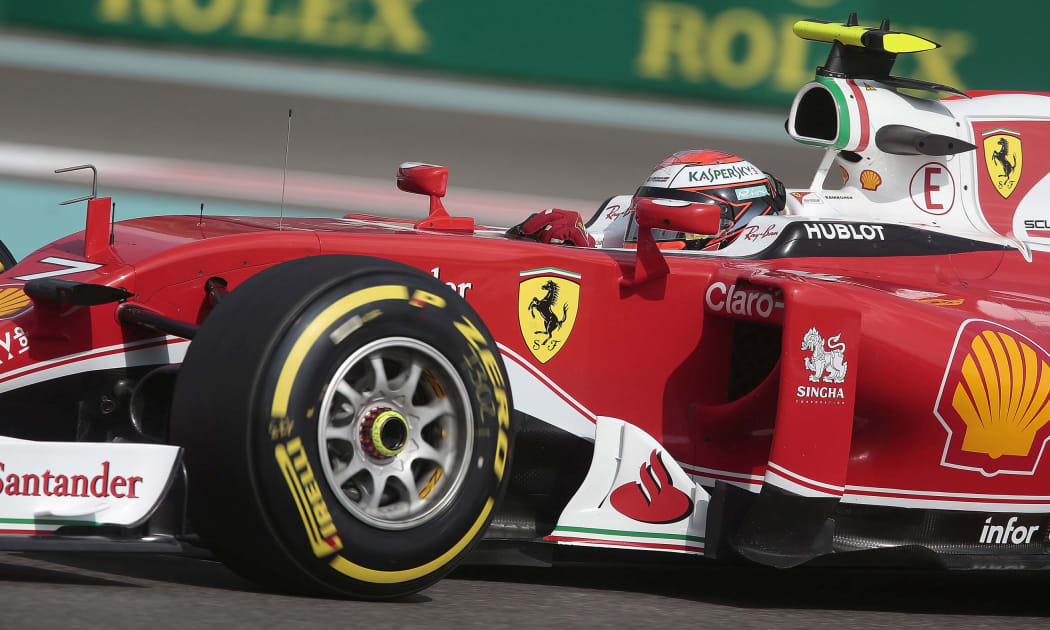Any attempt by Formula One to turn back the clock and return to V8 or V10 engines would be unacceptable to society and trigger a walkout by manufacturers says the International Automobile Federation.
Interviewed by the governing body's Auto magazine, the FIA president Jean Todt said the sport had to consider "the evolution of society".
The current generation of quieter and more fuel-efficient V6 turbo hybrid power units, while technologically impressive, has failed to win over fans who miss the ear-splitting wail of the old engines.
A debate has opened within the sport, under new owners Liberty Media, about whether Formula One should focus more on entertainment and less on being road-relevant for car manufacturers.

Ferrari has been involved in Formula One since its inception. Photo: Photosport
The sport's current engine agreement expires in 2020, with talks on a new deal likely to keep stakeholders busy in coming months.
Todt, who championed the engine formula introduced in 2014, made his position clear.
"We have a responsibility to run an organisation monitored by global society. And global society will not accept that," said Todt.
"I'm sure if you said 'let's go back to engines from 10 years ago', many manufacturers would not support such a move. I'm convinced a minimum of three out of four would leave."
Formula One currently has Mercedes, Ferrari, Renault and Honda as suppliers to its 10 teams.
Ferrari, the most successful team in Formula One history that Todt led when seven-times champion Michael Schumacher was racing for them, have been in the championship since it started in 1950.
The others have come and gone over the years.
Todt said that stability was essential, given the huge costs involved in designing and producing engines, but recognised the sport had yet to find its ideal solution.
Ross Brawn, the former Ferrari technical director and ex-Mercedes team principal who won titles with his own Brawn team in 2009, said last week that Formula One needed to identify what kind of engine it wanted.
"Road transport is moving towards fuel cell or electric or different power trains," said the Briton, appointed in January as Formula One's managing director for motorsport, at a book presentation in Oxford.
"There's very strong feedback from the fans that noise is important.
"So maybe we will reach a point where Formula One just steps aside from mainstream automotive and acknowledges that its a passionate sport and the engines are no longer relevant but they are still part of Formula One."
He added, however, that the sport wanted to keep the manufacturers on board.
-Reuters

